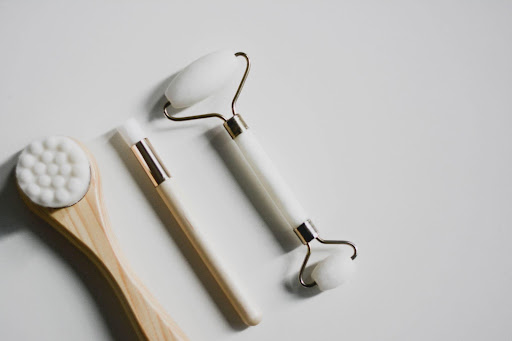5 Tips For Starting Music Lessons
How early is too young to start singing or learning an instrument? Although it mostly depends on the instrument, children and adults of any age can benefit from exposure to music because it originates from the heart. The ideal age will vary depending on your child's innate talent, learning motivation, and instrument preference. When you begin taking music lessons, remember the following tips:
Get an Instrument
Purchase or rental of an instrument is the first step. Ensure the instrument is in good working order if you already have one. Getting started with music lessons enjoyable and exciting can be achieved by tuning the piano, replacing your clarinet's leaking pads, or changing the strings on your guitar. Find out if you need any additional equipment, such as rosin for string instruments, reeds for woodwind instruments, etc., from your teacher or the nearest music store. You can postpone making purchases of books and sheet music until after your first lesson.
Get Along With Your Music Teacher
Before the first lesson, make an effort to speak with your music teacher for a few minutes on the phone, or better yet, in person if they are available. It is crucial for making younger children feel at ease in their first class.
Be Creative
Starting music lessons can be challenging for students, but the right methods and creative projects can get them excited about music. Students like creative projects that challenge them to create something with no right or wrong answer, such as composing a piece. Students can do this by analyzing pieces of music, experimenting with instruments, or using their surroundings to create new sounds.
In music lessons, students should be creative and involve fun activities and games. These activities can encourage teamwork and positive interaction. Groups perform most music, so these activities will help students learn to collaborate with others. Games that teach music theory are also a good option. This way, students can learn the concepts without having to struggle with the technicalities of the subject.
Starting music lessons at a young age in a music school like Forbes Music Company is crucial for young children. While some say the sooner, the better, it is important to consider that putting a child into music lessons too early can lead to frustration and negative experiences. Instead, waiting about a year before starting lessons will allow them to make more progress.
Create A Goals List
Discuss any songs or musical genres with your child that they might be interested in learning. It might be anything like an ACDC riff or the Star Wars theme. Even if they won't be able to play it right away, having a defined objective will assist your instructor in adjusting their lesson plan to reflect your child's interests.
Be Patient
If you have a young child who wants to take music lessons, it's important to be patient. Many children are eager to learn, but they can become bored easily and may lose interest in the lessons. Keeping the interest level high is essential in ensuring your child's success. It doesn't have to be lengthy, but it will require patience.
It will take time for you to learn to play music. It will not happen overnight, but you must be patient and keep practicing. Learning does not proceed in a straight line, so you should set short-term goals and enjoy the process. Even if you're not a natural musician, improving will still take time.
Most beginning students will not be very advanced during the first few lessons. It is because music is not a quick subject. Learning to play an instrument will take some time, and remember to bring your music to the lesson. But, eventually, you can practice on your own and improve your skills.



